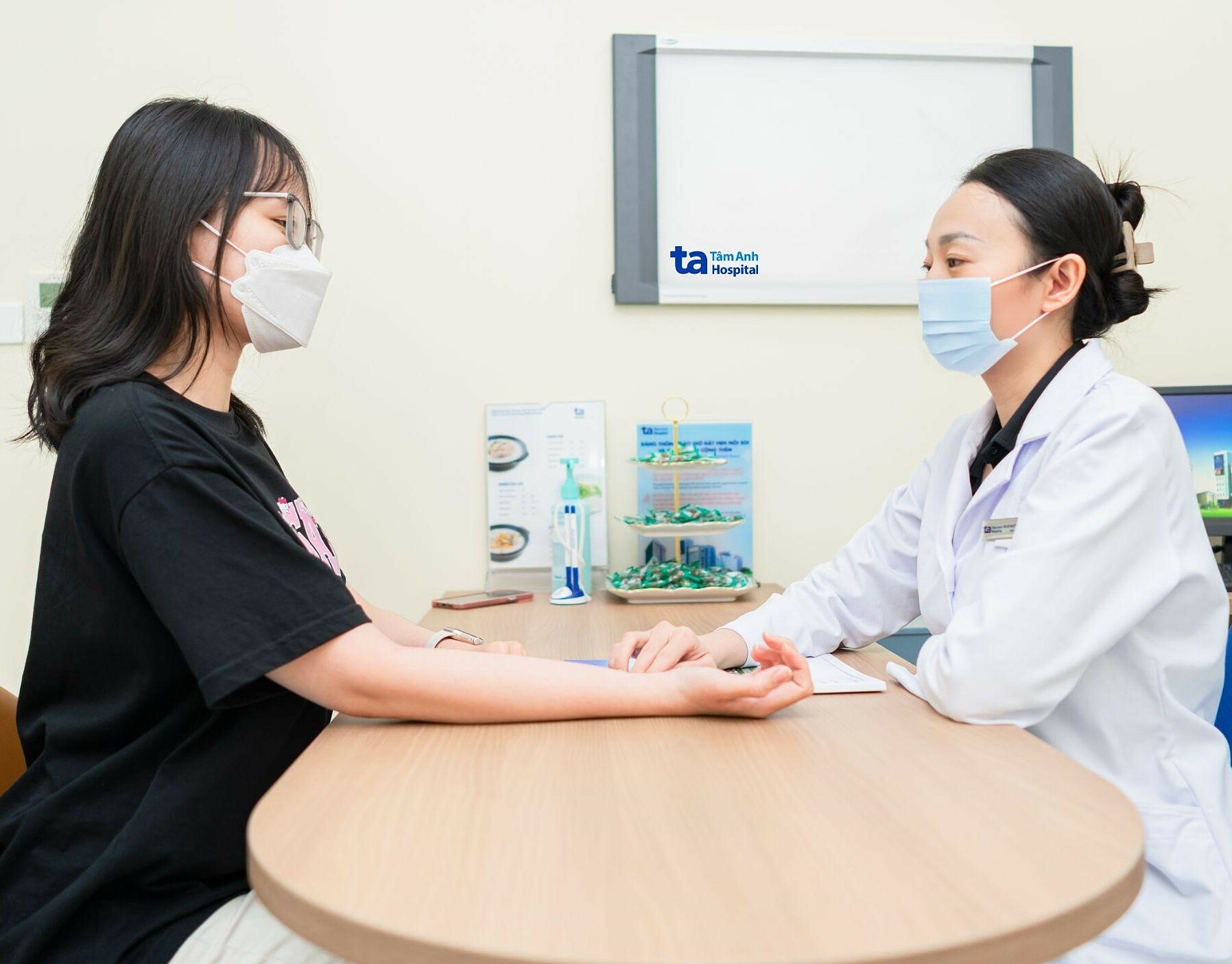Gastritis, or stomach pain, is characterized by pain in the upper abdomen, typically between the ribs and the navel. It causes dull aches, burning sensations, or tightness in the epigastric region (above the navel). Gastritis can be caused by acid, H. pylori bacteria, damage to the stomach lining, or ulcers.
Dr. Nguyen Thanh Huyen Van from the Center for Endoscopy and Minimally Invasive Digestive Surgery at Tam Anh General Hospital in Ho Chi Minh City, advises avoiding certain foods to prevent exacerbating gastritis pain.
Acidic foods, including sour fruits and fermented items like oranges, lemons, tomatoes, vinegar, and pickled vegetables, can increase stomach acid, irritating the already sensitive stomach lining.
Fried and fatty foods force the stomach to work harder, leading to bloating and indigestion. Saturated fats in these foods can also increase inflammation, hindering the stomach lining's recovery.
Alcoholic beverages like wine and beer can intensify the dull aches and burning sensations. Alcohol stimulates stomach acid production, weakens the protective layer of the stomach lining, and worsens inflammation, increasing the risk of ulcers.
 |
Dr. Van consults with a patient. *Photo illustration: Tam Anh General Hospital* |
Caffeinated products can increase acid production and irritate the stomach lining, triggering symptoms like epigastric pain, belching, and heartburn. Individuals with excess stomach acid may experience increased discomfort when consuming caffeine, especially with milk or artificial sweeteners.
Carbonated drinks containing carbon dioxide (CO₂) can increase pressure in the stomach, causing belching and a feeling of fullness.
Sweets, sugary foods, and artificial sweeteners like sorbitol and xylitol can cause bloating and distension, potentially leading to dumping syndrome and diarrhea.
Dairy products like cheese, ice cream, flavored yogurt, and lactose-containing items are often high in fat. Dr. Van notes that lactose intolerance can result in bloating, abdominal pain, nausea, and diarrhea after consuming these foods. Lactose-free alternatives such as almond milk, soy milk, coconut milk, and lactose-free yogurt can provide calcium, phosphorus, and vitamin D without causing discomfort.
Spicy foods can irritate the stomach lining, increase stomach acid production, cause abdominal pain, and worsen ulcers. Avoiding spicy foods like chili peppers, black pepper, mustard, raw garlic, and spicy sauces can help prevent increased pain.
For persistent stomach pain, consult a doctor for proper diagnosis and treatment. Individuals with gastritis should have regular check-ups and adjust their diet accordingly.
Bao Tram
| Readers can submit questions about digestive diseases here for doctors to answer. |












